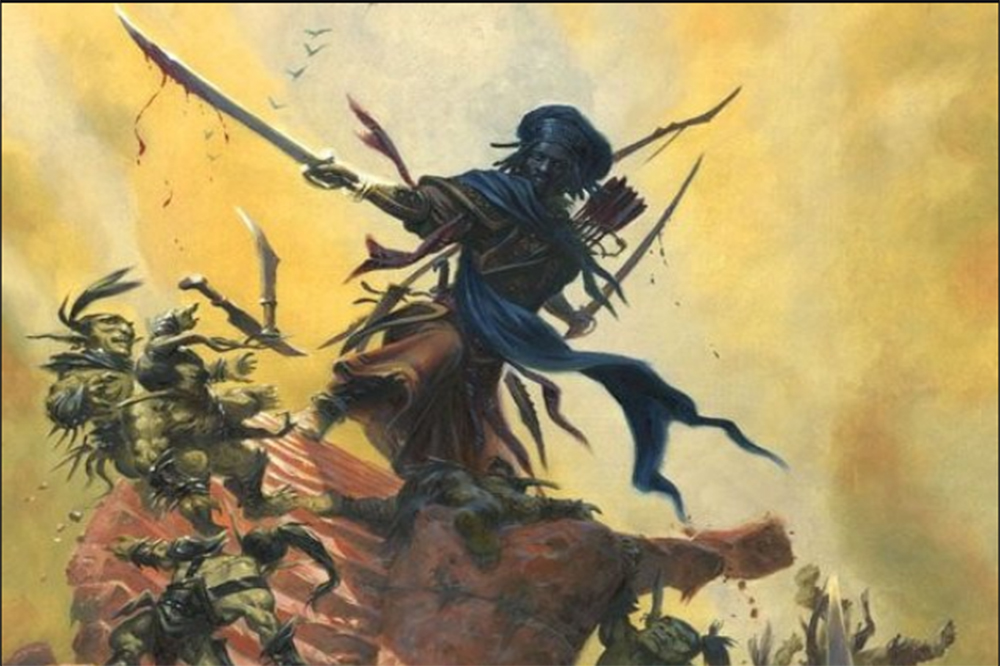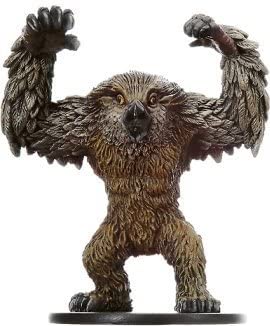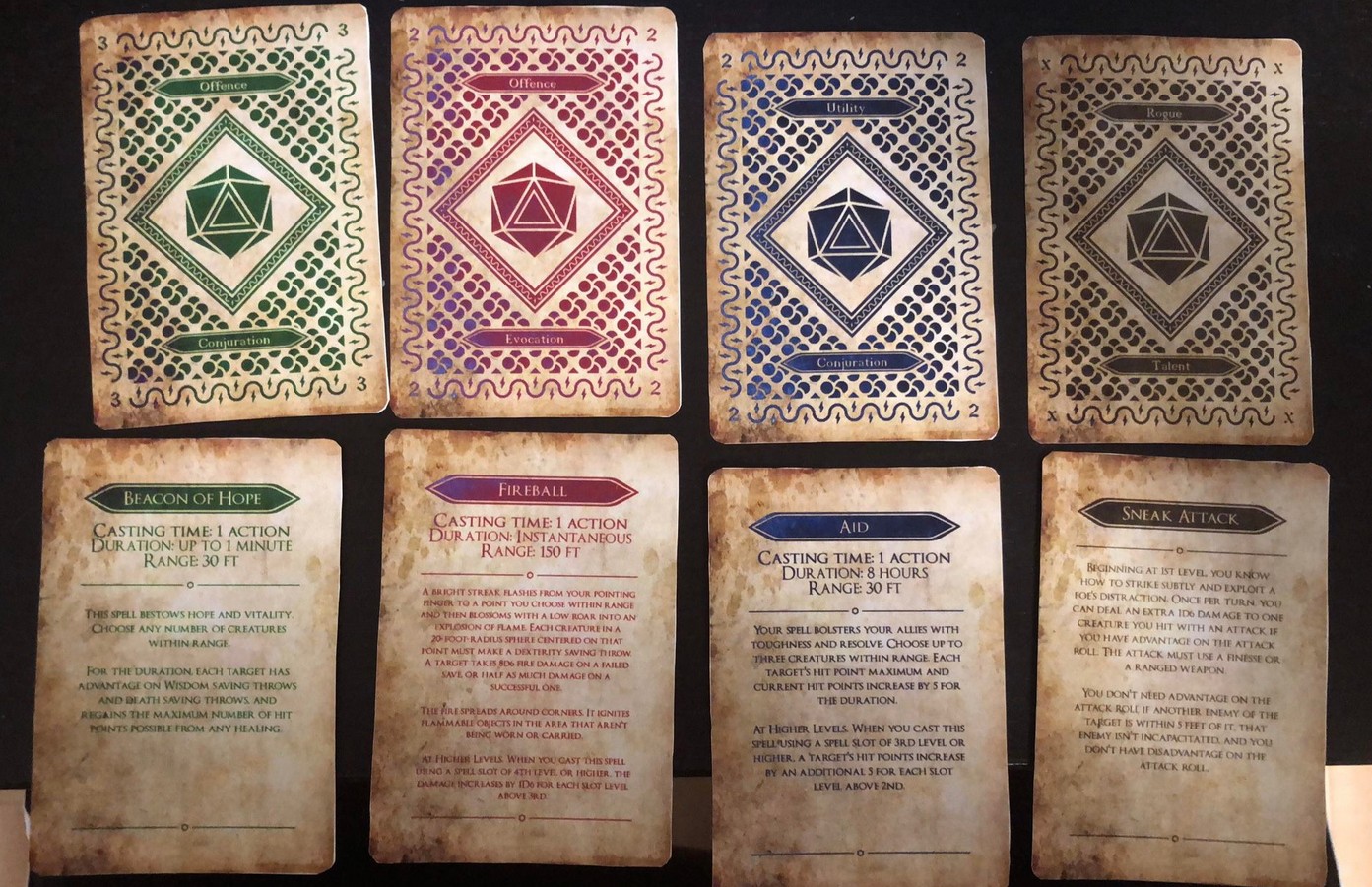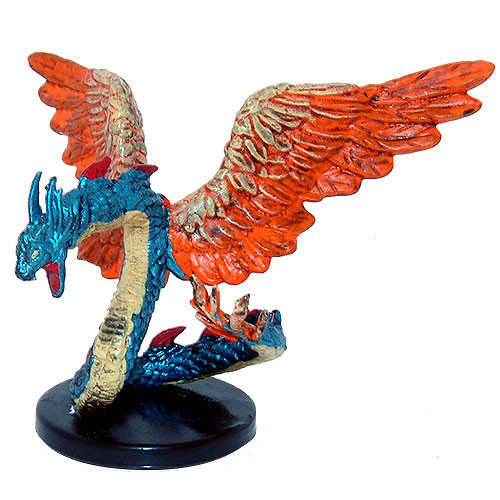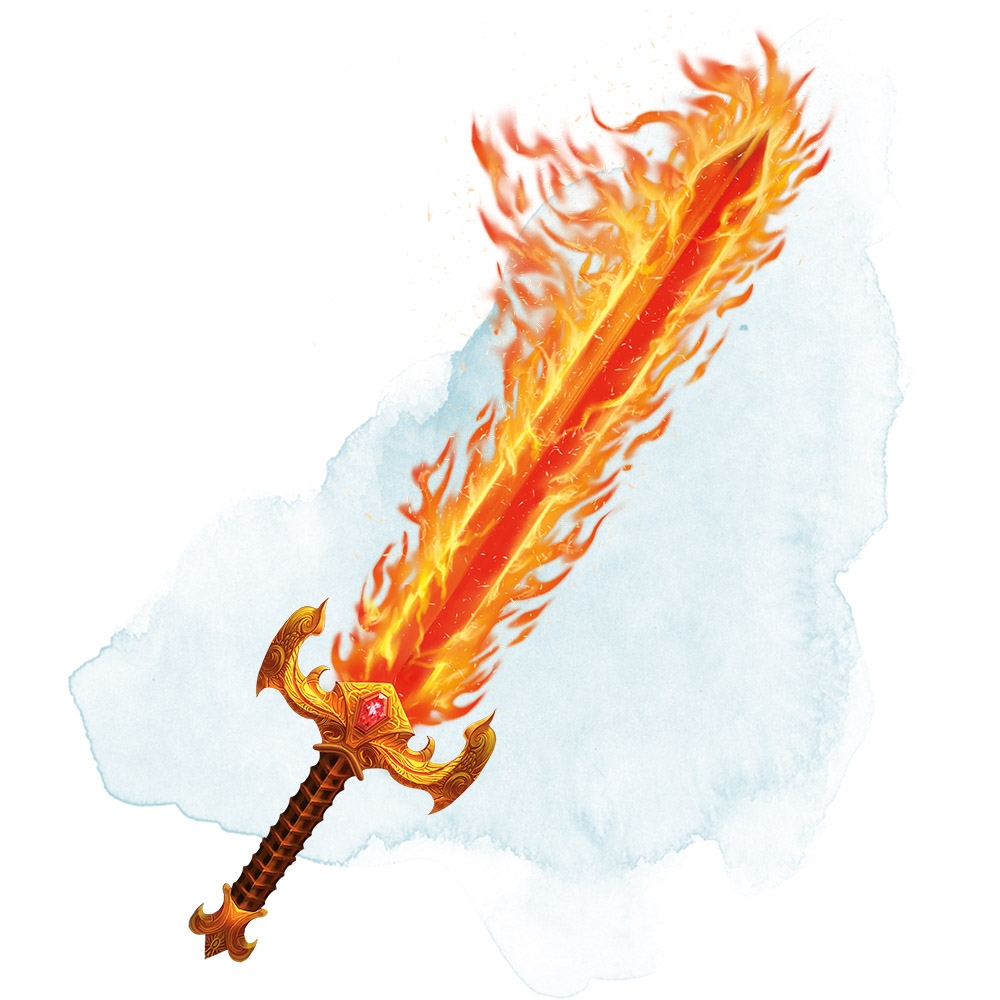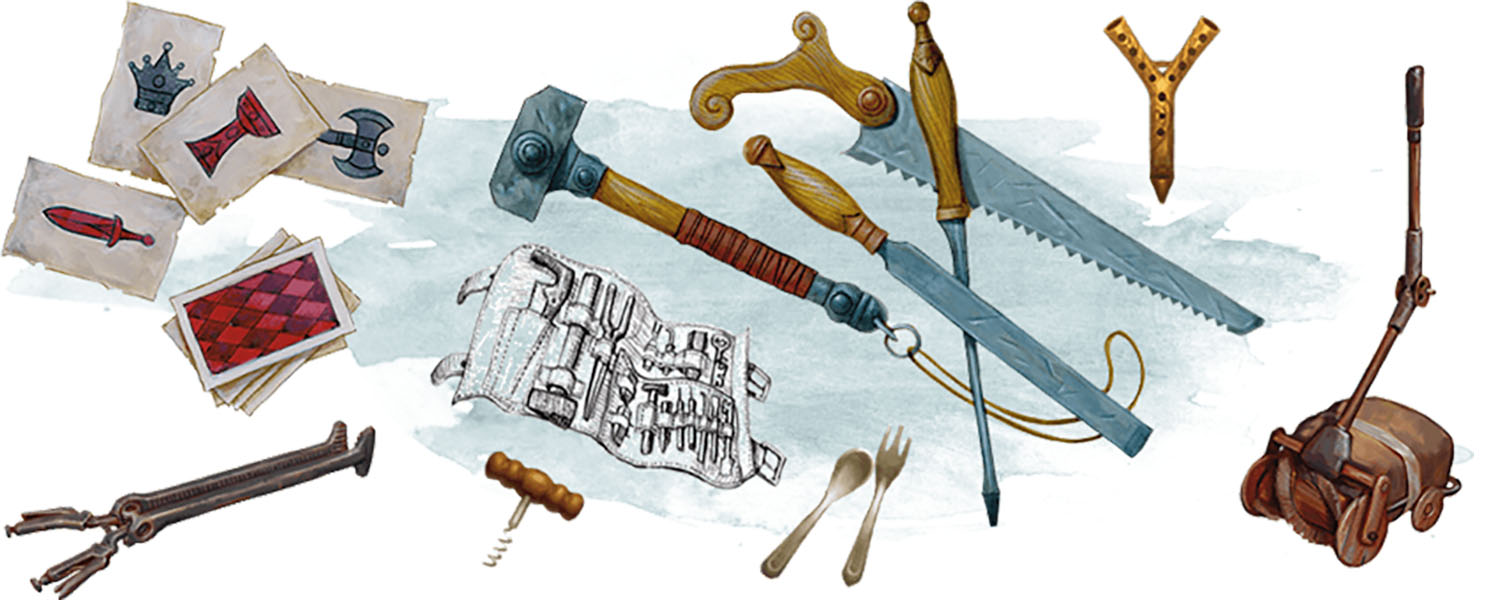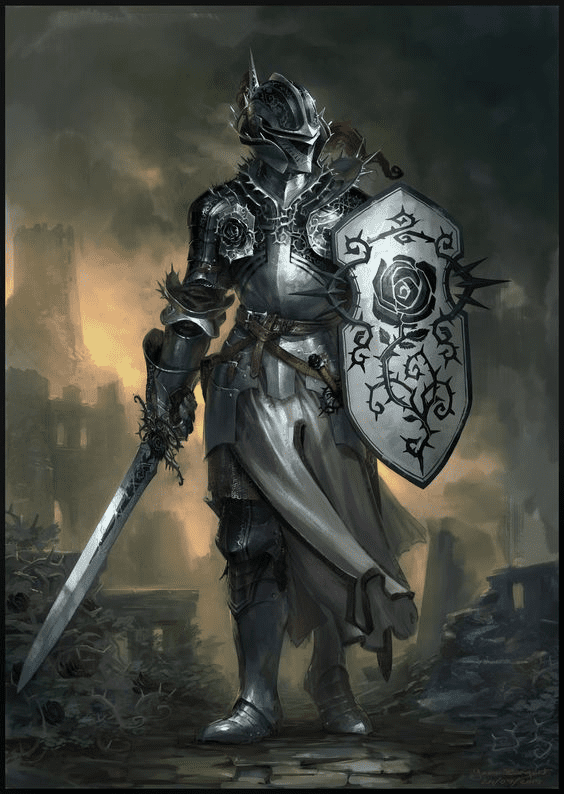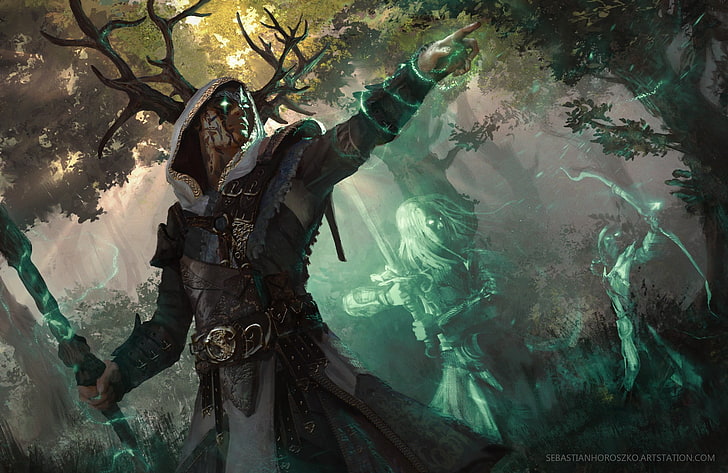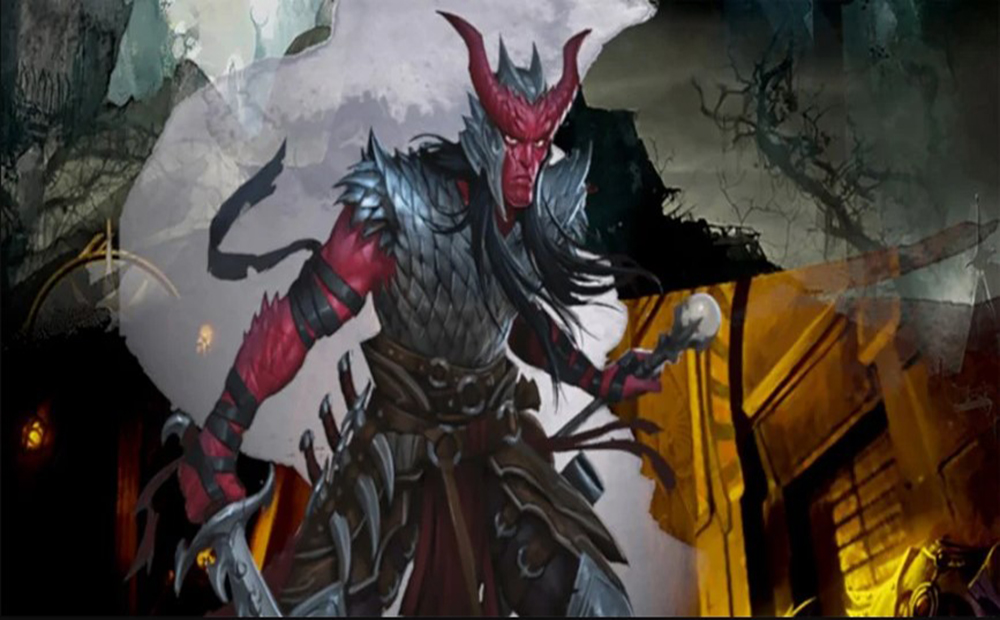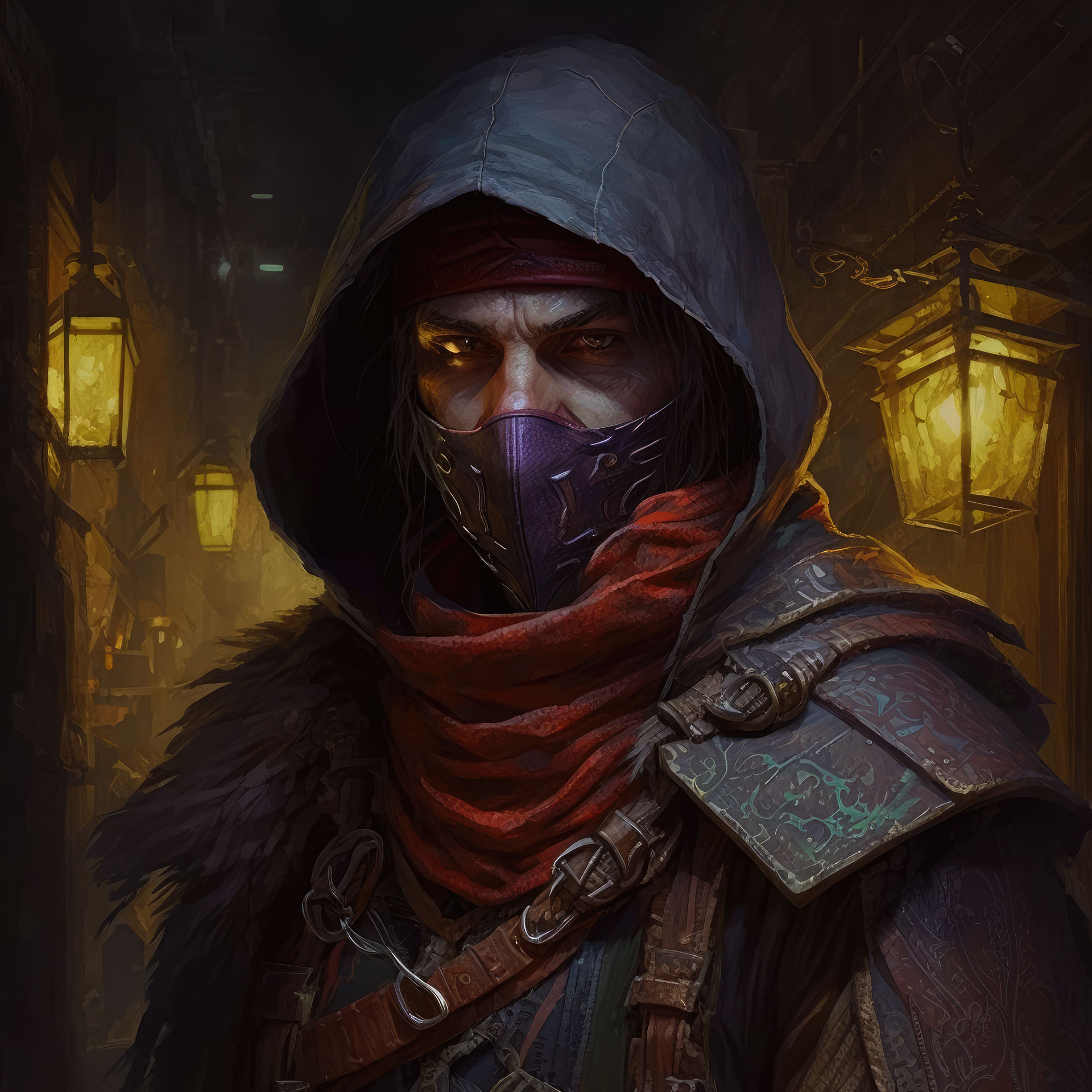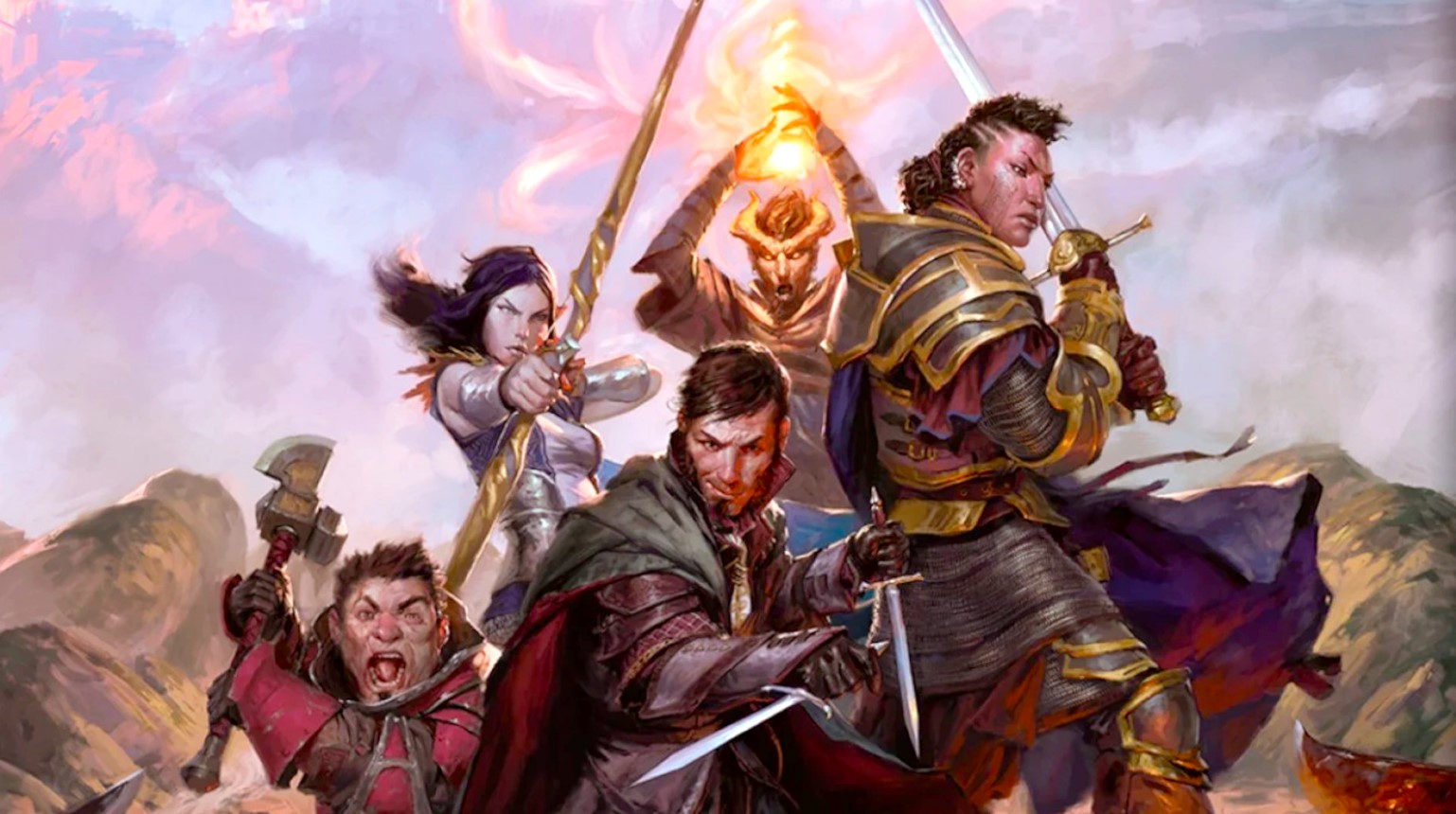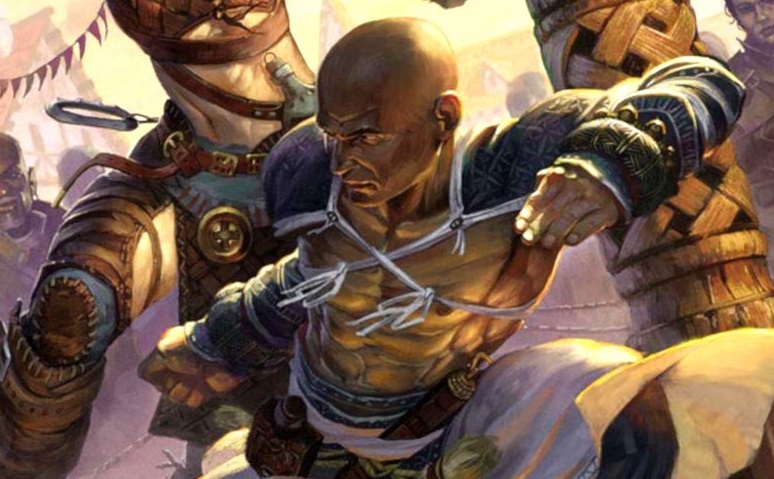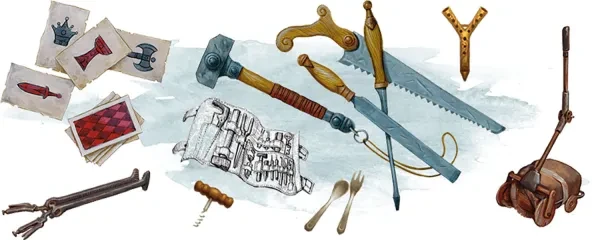
I don’t know about you, but based on campaigns that I’ve played for Dungeons & Dragons, artisan tools are vastly overlooked. Probably just tools in general. It’s like an item you randomly pick out of obligation at the beginning while you create a character, and then completely forget about for the remainder of that character’s campaign. Or is this just the people I play with?
Despite the significance, or lack thereof, to various players and dungeon masters, artisan tools actually do come with some perks if you are mindful of them. For example, expertise in leatherworking and masonry can lead to an easier discovery of traps and secret doors, while alchemy can make some helpful potions for adventuring. The Player’s Handbook doesn’t go into too much detail about them unfortunately, but the handy dandy Xanathar’s Guide to Everything and Dungeon Master’s Guide certainly do (and they are the two primary sources referenced here).
Here we’re going to look at the top ten useful artisan tools that any character or party can benefit from. Let’s take a look, shall we?
10. Leatherworker’s Tools
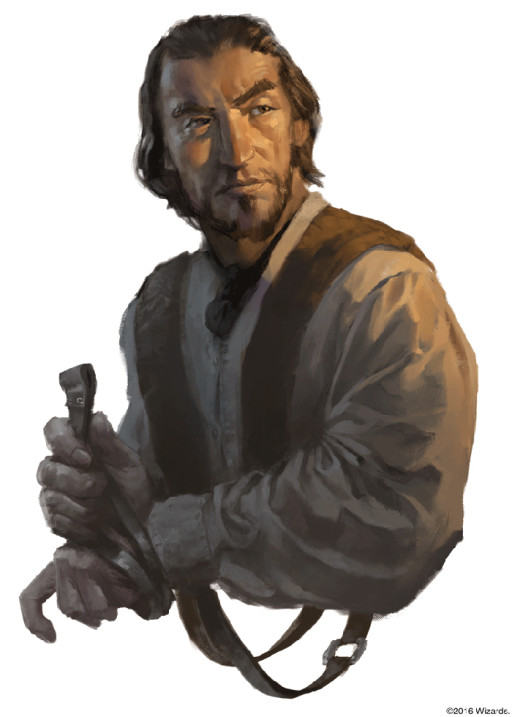
It's not speaking with animals, but you can still learn a lot from them.
Leatherworker’s Tools Overview
- Extends to lore concerning animal hides and their properties, conferring knowledge of leather armor and similar goods.
- Tools include a knife, a small mallet, an edger, a hole punch, thread, and leather scraps.
What Makes Leatherworker’s Tools Useful
- Additional insight when inspecting magic items crafted from leather, such as boots and cloaks.
- Additional insight when studying leather items or clues related to them.
- Can determine the source of leather and technique used to treat it.
9. Jeweler’s Tools
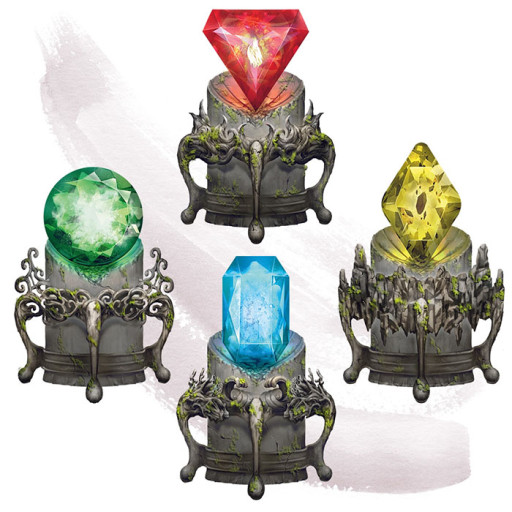
Oh, shiny!
Jeweler’s Tools Overview
- Basic techniques to beautify gems and identifying precious stones.
- Tools consist of a small saw and hammer, files, pliers, and tweezers.
What Makes Jeweler’s Tools Useful
- Additional insight about mystical uses of gems during arcana checks.
- Further aid in figuring out clues jeweled objects may hold during investigation checks.
- Can identify gems and determine their value.
8. Mason’s Tools
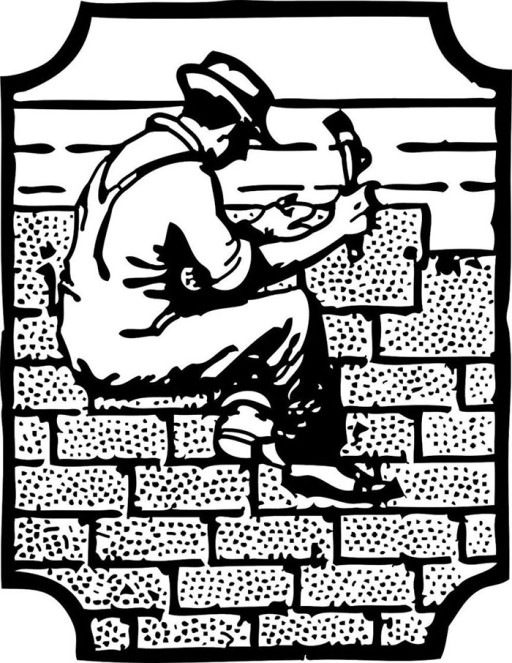
For any aspiring architecture experts out there.
Mason’s Tools Overview
- Craft stone structures, including walls and buildings crafted from brick.
- Tools consist of a trowel, a hammer, a chisel, brushes, and a square.
What Makes Mason’s Tools Useful
- Can identify a stone building's date of construction and purpose, and possess insight on who may have built it.
- Additional insight when inspecting areas within stone structures.
- Easier to spot trap doors and secret passages in stone walls or floors.
- Deal double damage to stone structures with weapon attacks.
7. Carpenter’s Tools
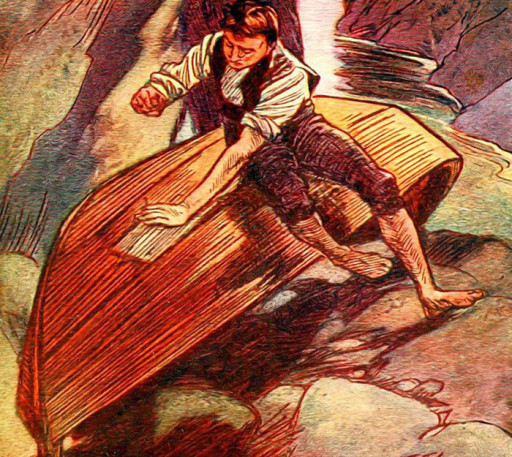
"Yeah, I can build that."
Carpenter’s Tools Overview
- Can construct wooden structures, such as a house, shack, cabinet, or similar items.
- Tools include a saw, a hammer, nails, a hatchet, a square, a ruler, an adze, a plane, and a chisel.
What Makes Carpenter’s Tools Useful
- Can identify the use and origin of a wooden building and other large wooden objects.
- Additional insight when inspecting areas within wooden structures.
- Easier to spot trap doors and secret passages within wooden structures.
- Stealth more easily by avoiding where wood creaks and groans with pressure.
- Can make a door or window harder to force open.
- Can construct a shelter for a group during a long rest.
6. Cook’s Utensils
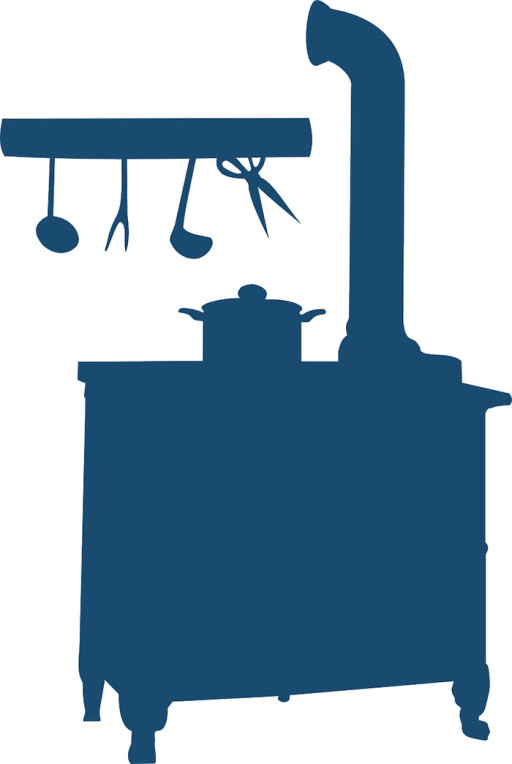
Who's hungry?
Cook’s Utensils Overview
- Meals will be much better throughout the journey!
- Utensils include a metal pot, knives, forks, a stirring spoon, and a ladle.
What Makes Cook’s Utensils Useful
- Can assess the social patterns involved in a culture's eating habits through history checks.
- Can transform medicine that is bitter or sour into a pleasing concoction through medicine checks.
- Can make do with scavenged ingredients and create nourishing meals.
- Prepare meals that help companions regain strength during short rests.
5. Calligrapher’s Supplies
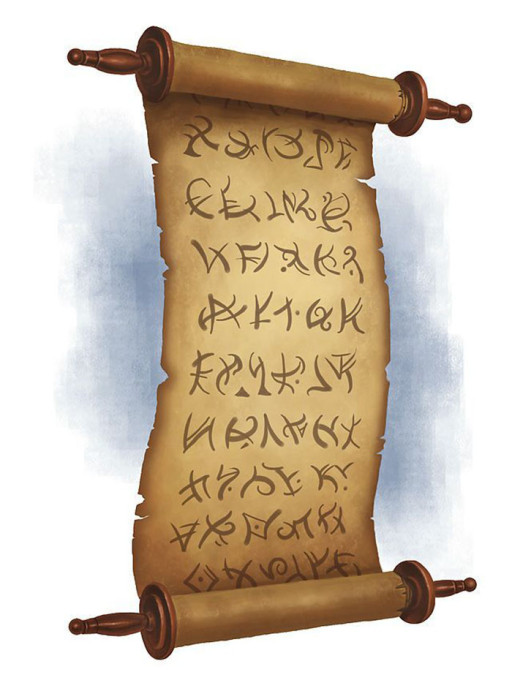
More than just pretty writing.
Calligrapher’s Supplies Overview
- Treat writing as a delicate, beautiful art. Produce text that is pleasing to the eye, using a style that is difficult to forge.
- Supplies include ink, a dozen sheets of parchment, and three quills.
What Makes Calligrapher’s Supplies Useful
- Can identify who wrote a script of magical nature through arcana checks.
- Analyze ancient writings, scrolls, or other texts, including runes etched in stone or messages in frescoes or other displays through history checks.
- Make an intelligence check to determine a map's age and if it includes any hidden messages.
4. Cartographer’s Tools
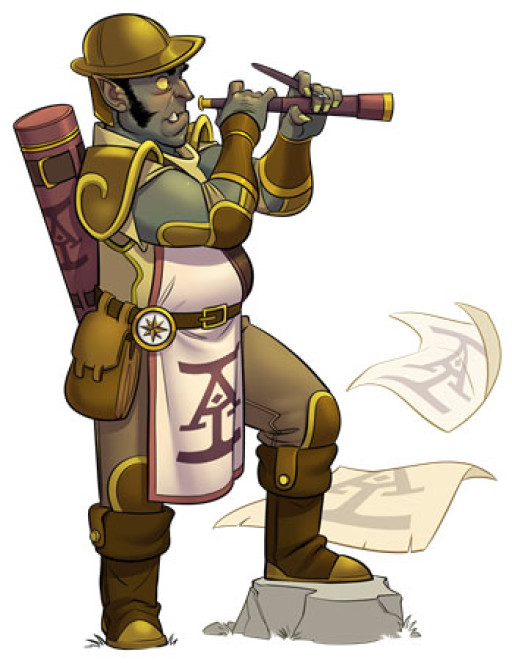
What? We're not lost!
Cartographer’s Tools Overview
- Can create accurate maps to make travel easier for yourself and those who come after you. These maps can range from large-scale depictions of mountain ranges to diagrams that show the layout of a dungeon level.
- Cartographer's tools consist of a quill, ink, parchment, a pair of compasses, calipers, and a ruler.
What Makes Cartographer’s Tools Useful
- Craft a map.
- Easier to find paths to civilization for the character.
- Easier to solve issues relating to terrain around character.
- Unearth more information through history, religion, and arcana checks.
3. Smith’s Tools
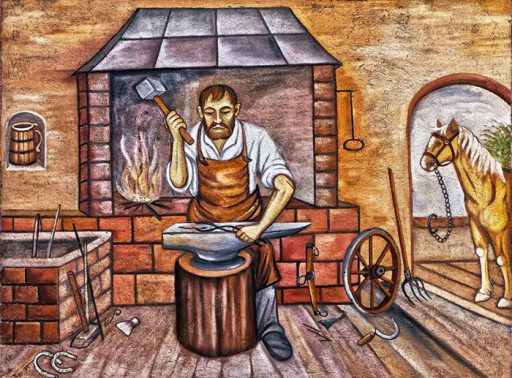
"Where's the blacksmith!"
Smith’s Tools Overview
- All to work with metal, beating it to alter its shape, repair damage, or work raw ingots into useful items.
- Tools include hammers, tongs, charcoal, rags, and a whetstone.
What Makes Smith’s Tools Useful
- Additional insight in examining metal objects such as weapons.
- Additional clues when investigating armor, weapons, or other metalwork.
- Restore 10 hit points to a damaged metal object for each hour of work.
2. Tinker’s Tools
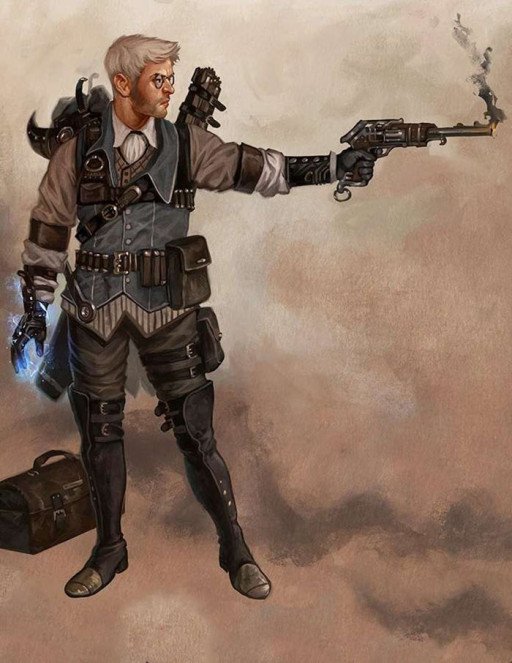
Not exactly like a mad scientist, but still helpful.
Tinker’s Tools Overview
- Enable a character to repair mundane objects. Can mend torn clothes, sharpen a worn sword, and patch a tattered suit of chain mail.
- Tools include a variety of hand tools, thread, needles, a whetstone, scraps of cloth and leather, and a small pot of glue.
What Makes Tinker’s Tools Useful
- Determine the age and origin of objects through history checks.
- Gain knowledge of a damaged object through investigation checks; how it was damaged and how long ago.
- Restore 10 hit points to a damaged object for each hour of work.
1. Alchemist’s Supplies
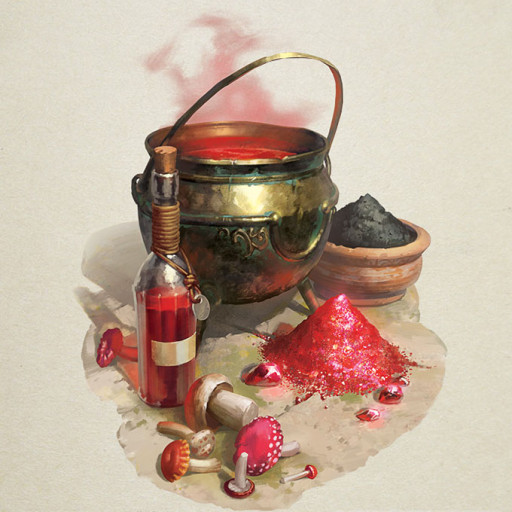
Here, drink this.
Tool Overview
- Enable a character to produce useful concoctions, such as acid or alchemist's fire.
- Supplies include two glass beakers, a metal frame to hold a beaker in place over an open flame, a glass stirring rod, a small mortar and pestle, and a pouch of common alchemical ingredients, including salt, powdered iron, and purified water.
What Makes Tool Useful
- Unlock more information on arcana checks.
- Additional insight into any chemicals or other substances used in an area.
- Recipes can include smokepowder, potions (i.e. Potion of Healing), and poisons.
Artisan tools certainly add some dynamic flair to a character’s depth in personality and backstory. Yet as seen, they can provide much more use throughout the actual campaign settings of adventuring and dungeoning. This is especially for the top five tools in this list. I’ve had plenty of parties that broke their weapons from natural 1 rolls that a smith could have mended, got lost in areas that a cartographer could have come in handy for, and were drained of spell slots and potions to the point that an in-party alchemist would have been a godsend.
My point? Dungeons & Dragons has a lot more to it than just classes, weapons, and spells to use on adventures. I say this because, again, a number of players ignore the little things, per my own experiences. So go back in your Player’s Handbook and take a look at those little things. Does your character like shiny things? Make them a jeweler for kicks and giggles so they can identify the good stuff (and no one gets scammed by fake jewels). What about food? Someone who loves to eat could be a dependent cook, so that the party wouldn’t have to completely survive on rations. The ideas can go on and on.
Extra complexity in a character is the way to go, and thus, can also bring a lot more creativity to the storytelling of your journey in Dungeons & Dragons. So get crafty!
You may also be interested in:



